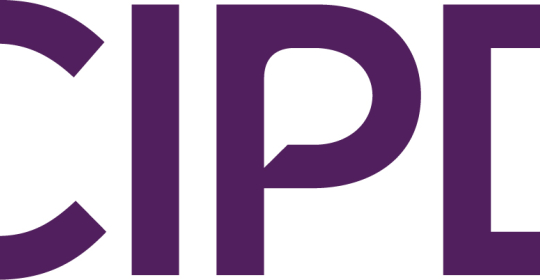Today, a new report from global jobsite Indeed reveals that despite rising rates of educational attainment, employers continue to struggle to hire, thanks to troubling skills shortages. High-skill professions such as nursing, teaching and software development are suffering most from this reduced talent pipeline – the ratio of relative jobseeker interest to employer demand for these roles in the UK is 0.16, 0.19 and 0.13 respectively.
The decline in nurses and teachers has been widely blamed on salary cuts within these sectors. The average nurse salary advertised through Indeed now sits at £16,137. Meanwhile, a consortium of six teaching associations, collaboratively known as NASUWT cautions that the 1% cap enforced on teachers' pay over the last five years is putting off newcomers to the profession.
However, Indeed’s report warns that salaries alone will not provide the much-needed solution to the rising skills shortage across both the public and private sector.
This issue is most prevalent in the tech space – where corporations have attempted to overcome shortages in Java skills – the most widely used programming language – by drastically raising wages. Indeed’s data uncovers that the average role for skilled Java workers offers a salary of approximately £60,000 – 130% higher than the average salary of open positions across all industries, which stands at £26,600.
Despite the huge salary boost, UK enterprises are still struggling to entice candidates who hold the technological skills required for their roles. Worldwide, the share of job postings calling for Java skills is five times greater than the share of searches for this skill.
The report identifies that aside from salaries, candidates within these industries prioritise flexible and remote working. In the UK, job searchers within the healthcare and computing industry are most likely to look for jobs using specific criteria including —”remote,” “work from home,” and “telecommute”.
“Rather than focusing on salaries alone as the cure-all for attracting employees, corporations would be wise to look closely at the wider expectations and demands of their candidates, if they are to draw in the best talent,” explains Tara Sinclair, chief economist Indeed.
“That said, while increasing the flexibility of the job offer can provide an effective short term solution to draw in the best candidates, ultimately even these measures won’t resolve systemic talent gaps that have a significant impact on the long term health of the business.”
With skills gaps growing, despite rising tertiary education attainment, the report points to the need for more targeted education and training for employees, if corporations are to overcome the skills gap in the long term.
“Employers need to reconsider the way they think about hiring,” explains Sinclair. “If candidates with the right skills and qualifications are lacking, simply throwing money at potential employees is not a long term solution.”
“Instead, corporations need to put their money into better training schemes and qualification opportunities for employees. With this strategy in place, enterprises can embrace candidates who are the right fit for the job in terms of culture, experience and willingness to learn – offering them the opportunity to gain specific qualifications on the job.
“In a tight labour market, addressing barriers to education and self-advancement is a more valuable investment than outbidding competitors.”
About Indeed
More people find jobs on Indeed than anywhere else. Indeed is the #1 job site in the world and allows job seekers to search millions of jobs on the web or mobile in over 50 countries and 28 languages. More than 150 million people each month search for jobs, post resumes, and research companies on Indeed, and Indeed is the #1 source of external hires for thousands of companies (sources: SilkRoad & iCIMS). For more information, visit indeed.com.






